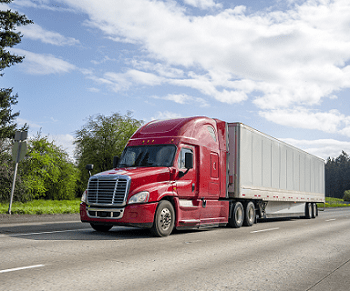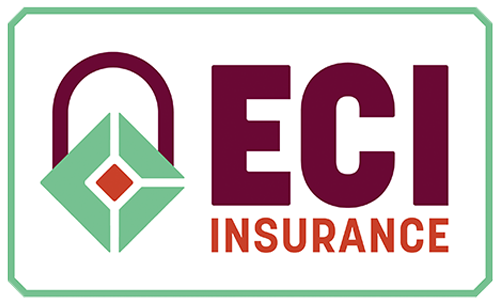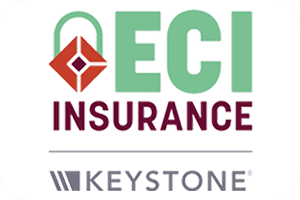
You Need To Know What You’re Buying
Yes, an insurance agent that knows Oklahoma trucking can be a great resource, but as a business owner you should have a basic understanding of the coverage that it’s important like you know other aspects of your business. This will help eliminate surprises if and when a claim does not cover something you thought was.
This will also help when it comes to comparing prices. So often working when working with Oklahoma truck insurance clients they will come back with a quote that is cheaper and use that as their deciding factor. While pricing is a huge investment and a factor, it’s not the only factor- especially when it comes to protect your business and very expensive truck. If you were using a travel agent to go on vacation, you wouldn’t tell them to book whatever the cheapest place is. You would compare everything. Your insurance should be the same.
What Types of Insurance Are There?
Truckers General Liability Coverage — This covers the actions of a driver who is operating on someone else’s premises, such as loading docks and truck stops, and also covers mistakes in the delivery of the driver’s load.
Primary Liability Coverage — This does not cover your truck, but rather covers the damage you may do to others while operating your truck.
Physical Damage Coverage — Provides coverage to repair or replace damage to your equipment in the event of an accident or theft. This is not going to include wear and tear items or damage from failure to perform maintenance.
Non-Trucking Liability Coverage — Coverage for damages or injuries to others while the truck is not under dispatch from the company you are currently leased on with.
Motor Truck Cargo Coverage — When protecting your cargo, make sure your insurance covers you no matter the risk — stolen goods, wet load, refrigeration breakdown, debris removal, etc. It’s very important to have a cargo policy that is Broad Form and not Specified Perils (more on that later).
Trailer Interchange — Covers a non-owned trailer being used under a trailer interchange agreement.
Medical Payment — This covers medical bills if you or a passenger is injured while driving or riding in the tractor (this coverage varies from state to state).
Uninsured/Underinsured Motorists — This coverage protects you if someone hits you and does not have liability coverage to repair whatever you need repaired.
Pollution Liability — This will pay for damage or defense that you are legally liable for due to the dispersal of a pollutant while being transferred or in your custody.
How Much is Insurance?
This is one of the top questions we get asked. As with most things it’s going to depend on what you’re doing. A local dirt hauler is going to cost less than a tractor that hauls coast to coast.
Typically for new ventures in Oklahoma prices for one truck range from $11,000 all the way up to $25,000 not to say that it couldn’t be more.
Pricing is determined on the type of coverage, credit and payment history, distance and items being hauled. You should know the coverage you want and be able to compare. If it looks too good to be true, it probably is.
What Information Do Is Needed to Quote?
In order to look at some options, it’s normal for insurance companies to need a little bit of information. This is going to be things like your business name, federal tax id number or social security number, MC number if applicable and your personal information. Insurance companies are also going to be curious about what type of trucking you’re doing, whether you’re doing local in state movement or are you traveling interstate throughout the entire country. They will also need to know what type of item you are hauling and whether you own the trailer or are you doing a trailer interchange.
Insurance companies will also need specifics on ALL vehicles owned by the business. This will year, make, model, vin number, and cost of the truck and trailer. If you have federal filings, the insurance companies become legally responsible for all vehicles owned under the business name, therefore they require all trucks owned by the business to be insured. If a truck that is owned is not added and the insurance company finds out it will be automatically be added to the policy. Just like they need vehicle information, they will also need the name, birth date, and driver’s license for ANY driver.
Trucking insurance whether it be auto insurance for truckers, cargo insurance for truckers, or workers compensation for trucking, they all have many moving parts. Because of the complexity make sure you work with an agent that knows what they are talking about, otherwise it can cost you.


